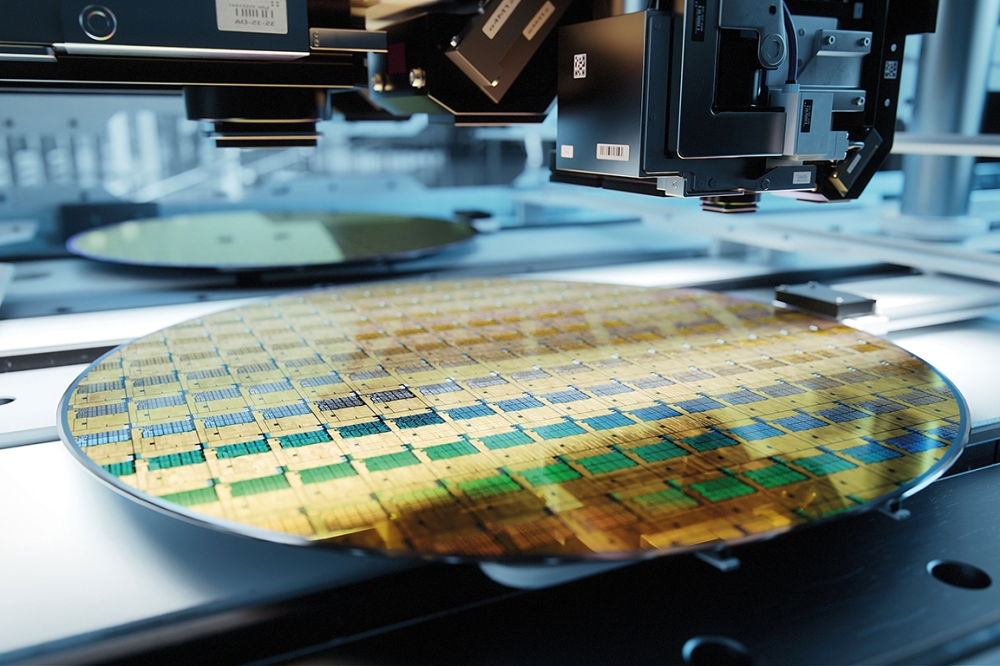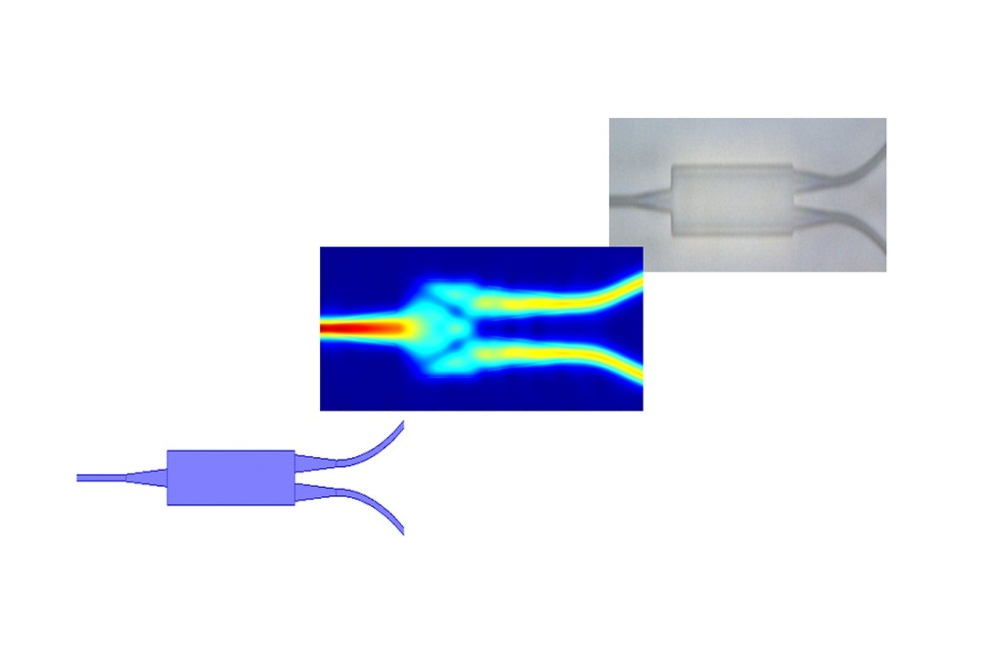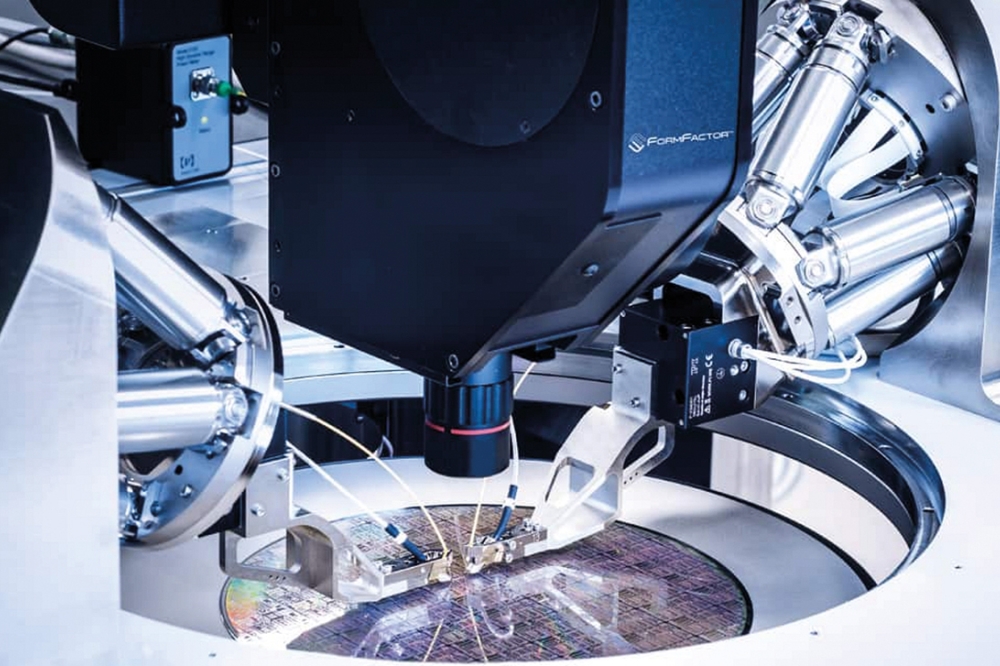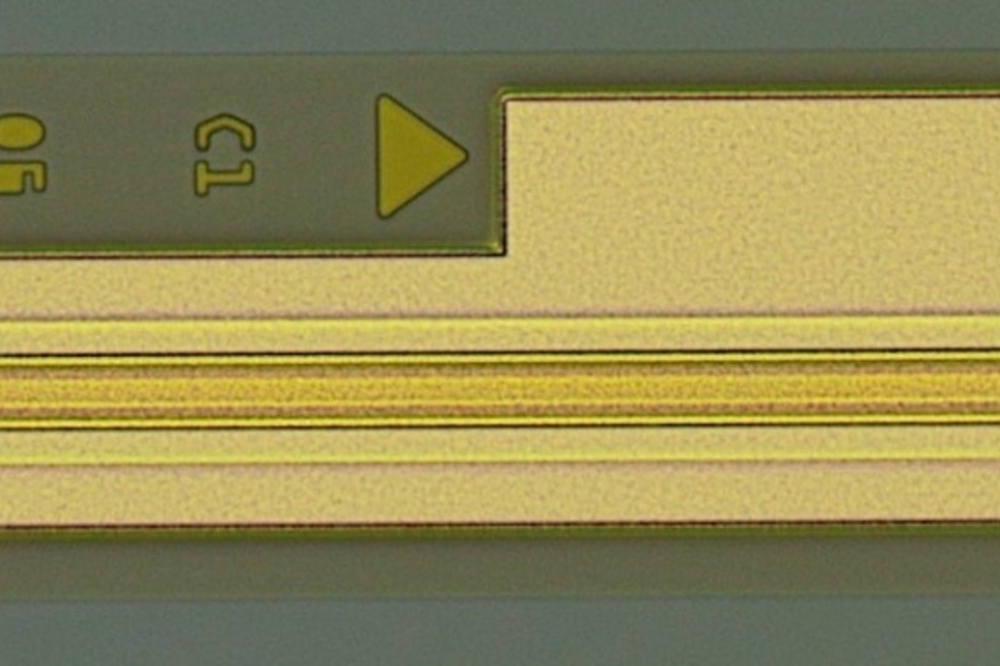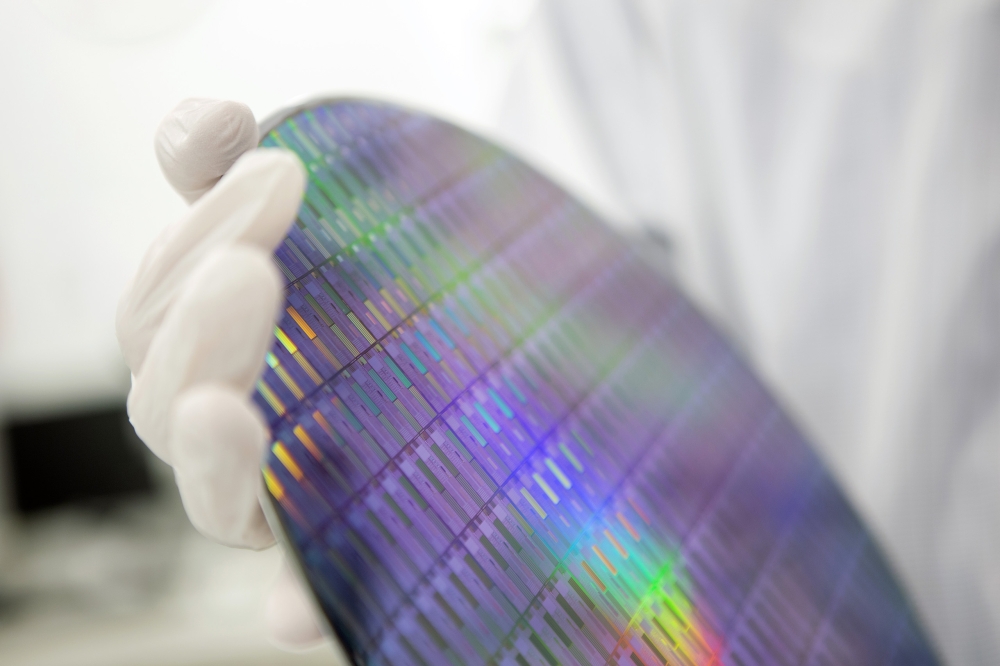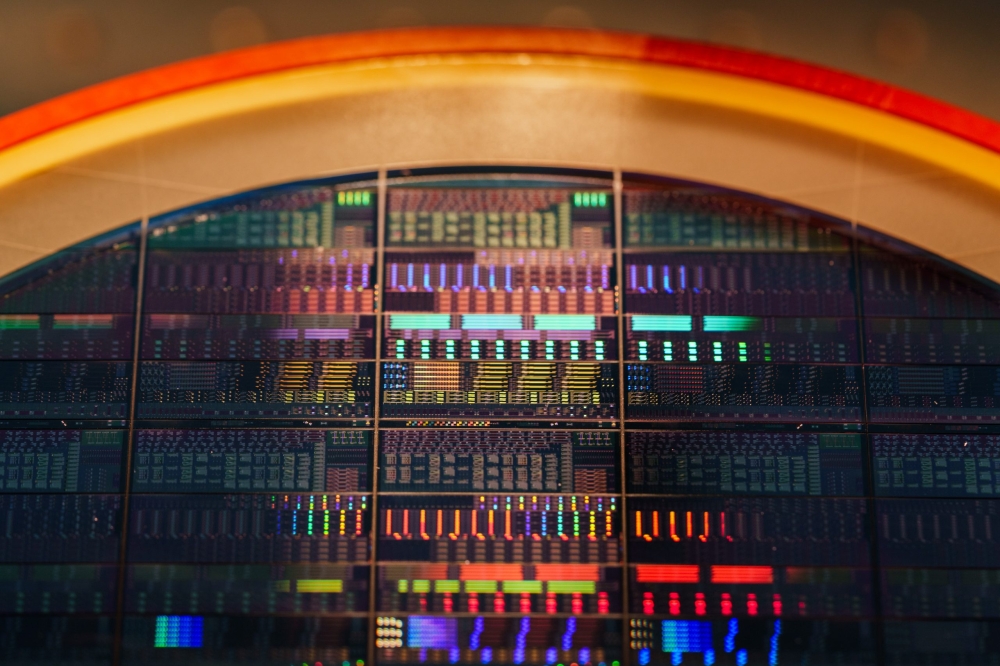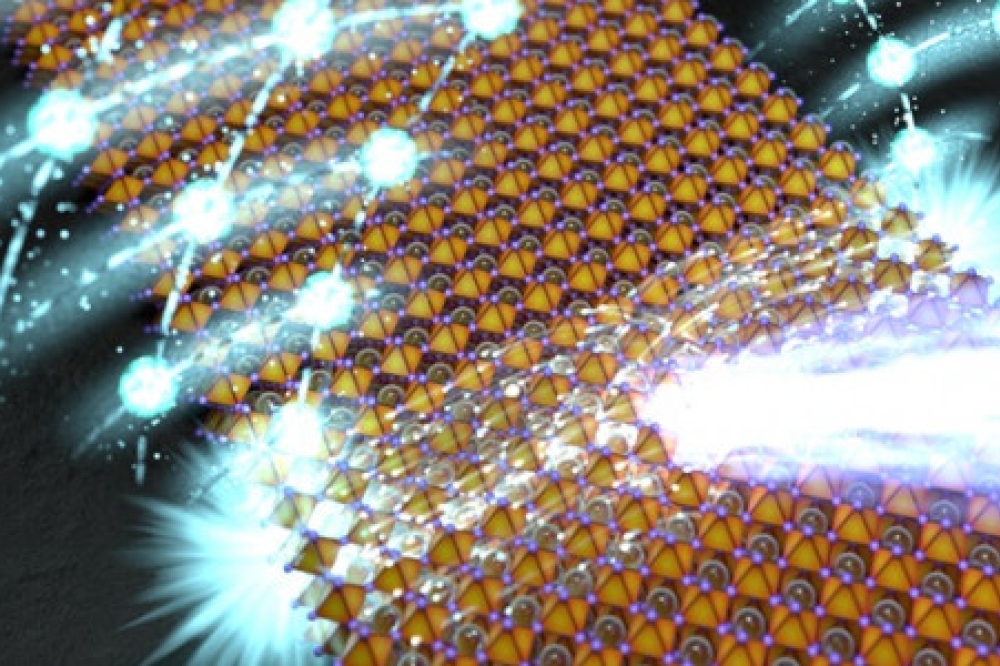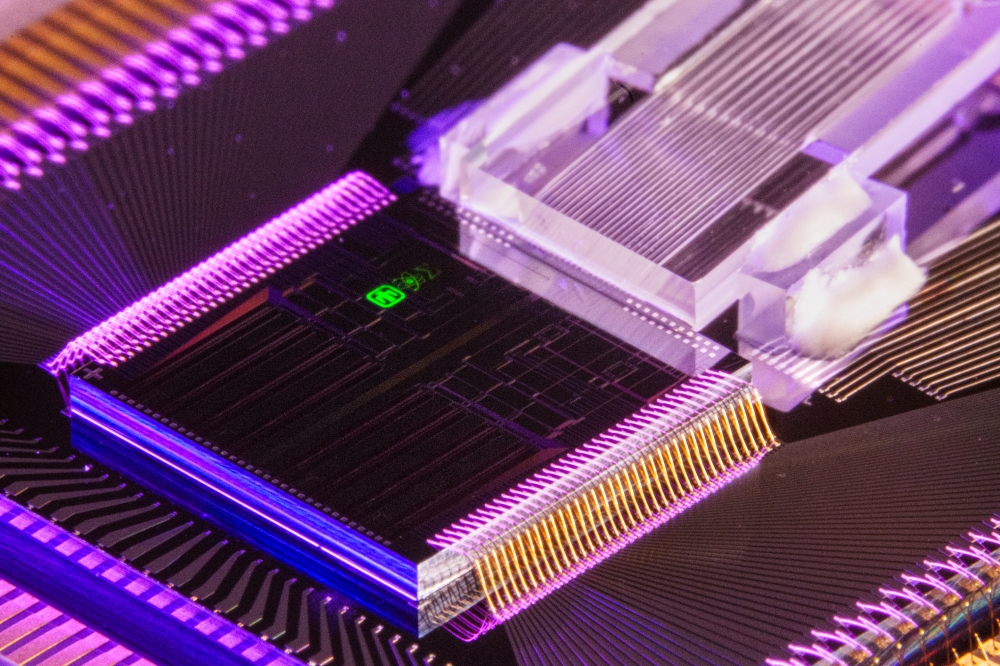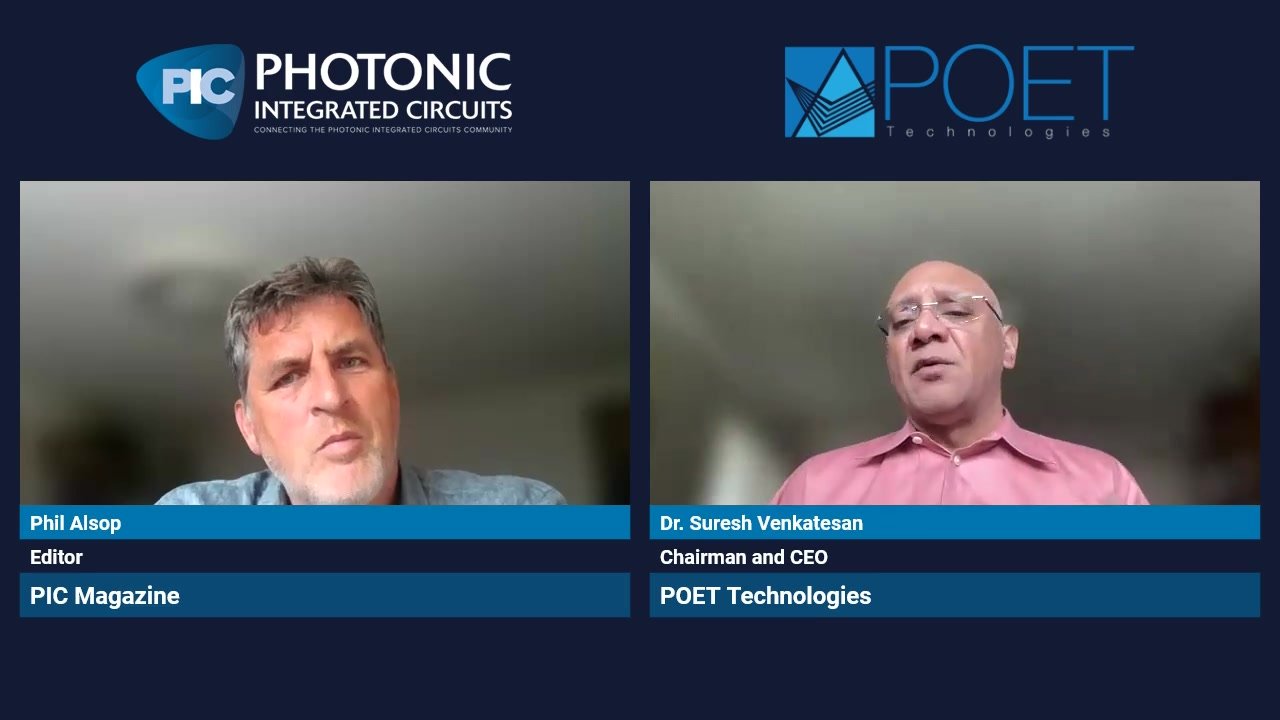US researchers get $400k to develop 'Photon Funnels'
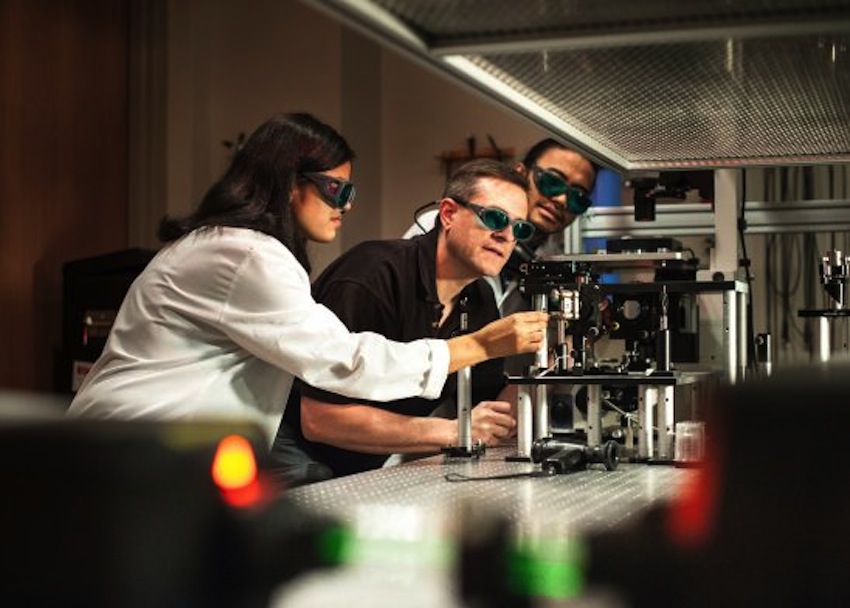
Three year project will explore how 3D printed photon funnels could circumvent the limitations that refraction puts on ordinary optical systems
The National Science Foundation (NSF) has awarded US researchers $400k to develop new nano-scale devices, called 'photon funnels', for concentrating and controlling light .
The three year project - a collaboration between the University of Central Florida and the University of Texas at El Paso - will explore how photon funnels could circumvent the limitations that refraction puts on ordinary optical systems.
Conventional lenses collect and concentrate light on a specific spot, but that spot moves as light rays strike from different angles or positions."As a result, sensors and detectors can lose energy as the source of light moves, and the efficiency of an optical device is often limited," said UCF's Stephen Kuebler, associate professor of chemistry and optics, who leads the research project.
Photon funnels are nano-scale 3D devices designed to direct the flow of light within them by adjusting the orientation of a self-collimating lattice as a function of position. The lattices will be created using a laser-based 3D printing technique called multiphoton lithography'.
The interdisciplinary team assembled for the project includes experts in chemistry, optics, physics, material science, engineering, and design and simulation.
Team members include UCF associate professor of optics and photonics Sasan Fathpour and Raymond Rumpf, associate professor of electrical engineering and director of the EM Lab at the University of Texas at El Paso. Rumpf is a pioneer in 3D printing of high-frequency circuits and electromagnetic devices.











